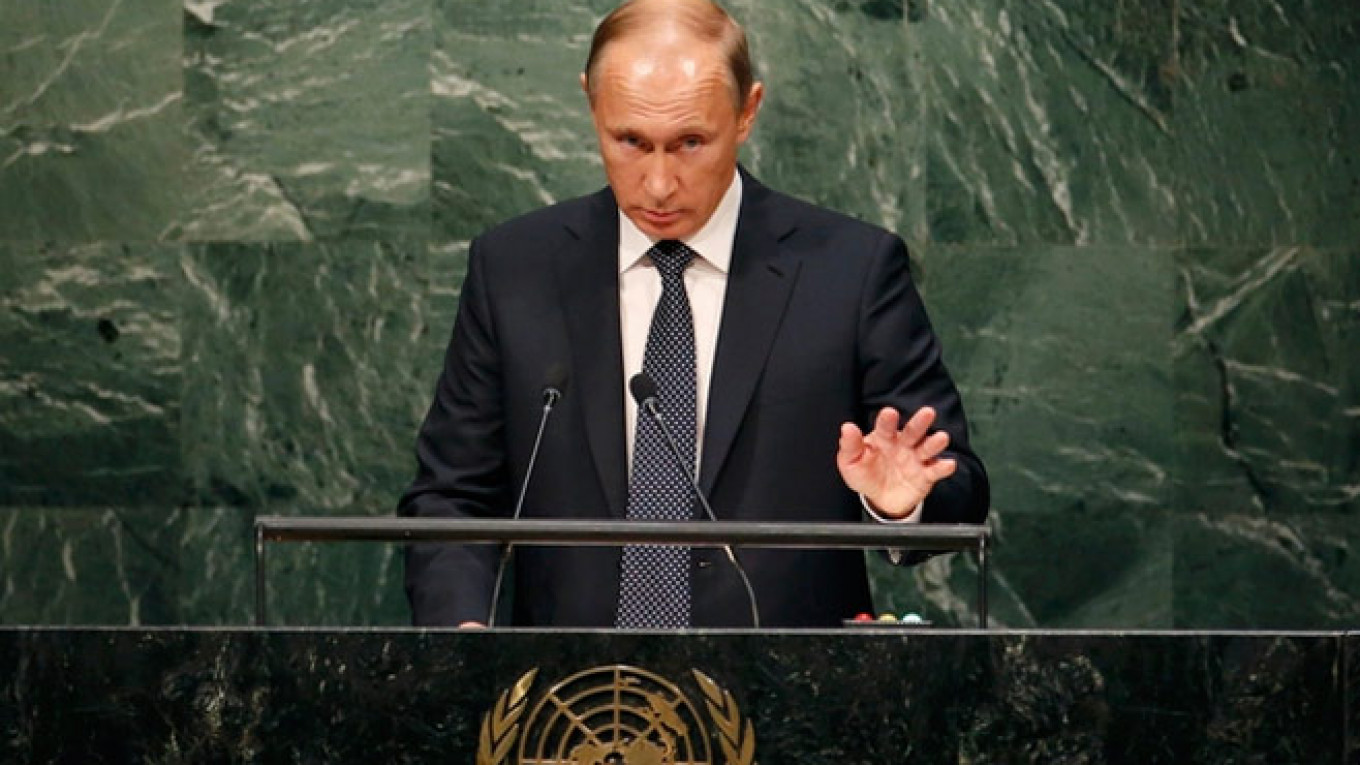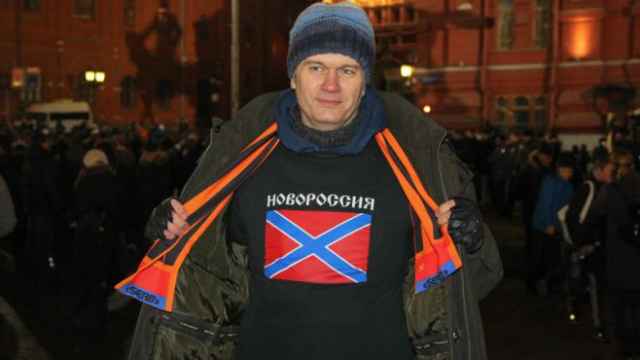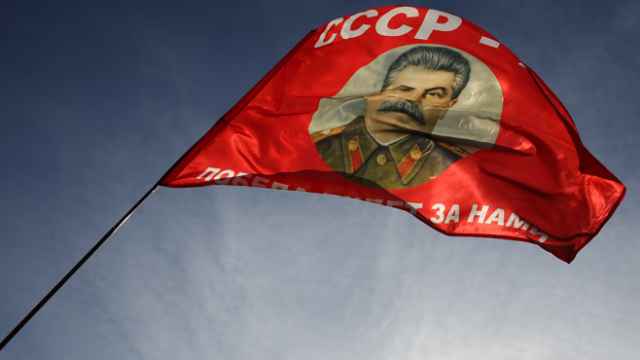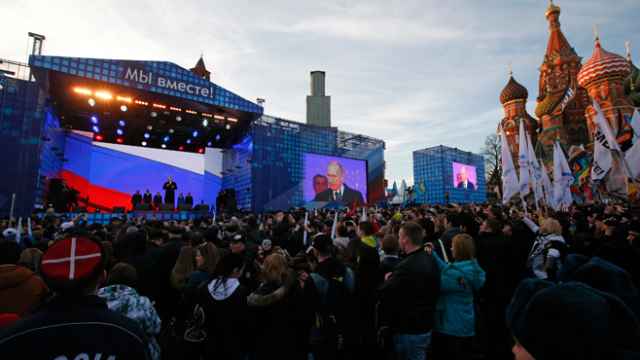When Russian President Vladimir Putin mentioned Yalta at the beginning of his recent speech to the United Nations General Assembly in New York, he was invoking history on many levels.
"The decision to establish the UN [was] made in our country, at the Yalta Conference of the leaders of the anti-Hitler coalition," Putin told the assembly. He made it clear he was speaking as the head of the Russian state, the legal successor of the Soviet Union, and of the men who formulated the principles of the post-World War II global order.
The phrase "our country" was full of meaning. In 2014 Putin deliberately redrew the map of the world when Russia took over Crimea, including its famous port city of Yalta. But Yalta was also the place where Soviet leader Josef Stalin perfected the art of reshaping international geography in 1945. By Putin's logic, that makes Russia the birthplace of the UN.
The Russian president got some things right. In February 1945, three world leaders, Stalin, U.S. President Franklin Roosevelt and British Prime Minister Winston Churchill did indeed discuss the founding of the United Nations in the Livadia Palace in Yalta, Crimea. However, there are nuances that Putin chose to gloss over.
First of all, the three men strongly disagreed. Second, Stalin was not ready to talk about UN voting procedures. Third, he argued that the Soviet republics of Ukraine and Belarus should get their own seats — Roosevelt relented on this in order to appease Stalin and guarantee Soviet support in the unfinished war with Japan.
Finally, the Yalta Conference was one of several places where the formation of the UN was discussed. It was first debated at Dumbarton Oaks in Washington, D.C. in 1944 and the full planning for the new organization happened in San Francisco in April 1945.
Putin's invocation of history was again not quite correct when, declaring that the world's powers should unite against a common foe, he compared the coalition against Islamic terrorists he wants to create in Syria — on his own terms — with the Allies' World War II coalition against Hitler. Including Syrian President Bashar Assad in an anti-Islamic State coalition would in fact be more like inviting Franco or Mussolini to join the fight against Hitler.
A harbinger of Putin's historical discourses in New York came a few days earlier from Warsaw, when Russian Ambassador Sergei Andreyev sparked outrage by accusing Poland of being partially to blame for World War II, claiming that the country had blocked the formation of an anti-Hitler coalition. (No doubt it was Poland's reticence that forced Stalin to make a deal with Hitler).
Russia's attempts to project "soft power" by using historical analogies are not working. Maybe this is because the current regime maintains its legitimacy not only with the memory of historical victories, but thanks to defeats poorly disguised as victories.
Even Syria has historical associations for the Russian public, as it provides them with a fond reminder of the Soviet Union's "traditional" spheres of interest. As for the Yalta Conference of 1945, there was also a hidden message in Putin's speech. The result of Yalta was not a "concert of nations," but the division of the world into spheres of influence. This kind of division is surely the ambition of the man who is the legal successor of everything Soviet, including "our Syria" and "our Yalta."
Andrei Kolesnikov is a senior associate and the chair of the Russian Domestic Politics and Political Institutions Program at the Carnegie Moscow Center. This comment originally appeared in Vedomosti.
A Message from The Moscow Times:
Dear readers,
We are facing unprecedented challenges. Russia's Prosecutor General's Office has designated The Moscow Times as an "undesirable" organization, criminalizing our work and putting our staff at risk of prosecution. This follows our earlier unjust labeling as a "foreign agent."
These actions are direct attempts to silence independent journalism in Russia. The authorities claim our work "discredits the decisions of the Russian leadership." We see things differently: we strive to provide accurate, unbiased reporting on Russia.
We, the journalists of The Moscow Times, refuse to be silenced. But to continue our work, we need your help.
Your support, no matter how small, makes a world of difference. If you can, please support us monthly starting from just $2. It's quick to set up, and every contribution makes a significant impact.
By supporting The Moscow Times, you're defending open, independent journalism in the face of repression. Thank you for standing with us.
Remind me later.








